The lack of bipartisanship in Congress is often lamented, but booze can sometimes bring lawmakers together.
During Prohibition, a dapper bootlegger worked out of the House and Senate to provide alcohol to lawmakers. When he was caught by Capitol police on the House side, he simply moved his business operations over to the Senate.
Washington is a much different place, and even the “three-martini lunch,” mythologized in the 1960s and 1970s, was more about a tax deduction than lobbyists and lawmakers doing day drinking.
But with the return of Congress, there will be genuine discussion of a tax measure that many Democrats and Republicans agree has helped craft distillers create jobs. That includes in D.C., where several distilleries have started production and welcomed visitors to their tasting rooms in recent years.
Among them is One Eight Distilling, in D.C.’s rapidly evolving Ivy City area. It’s named after Article 1, Section 8 of the Constitution, which included the establishment of a district to serve as the nation’s capital.
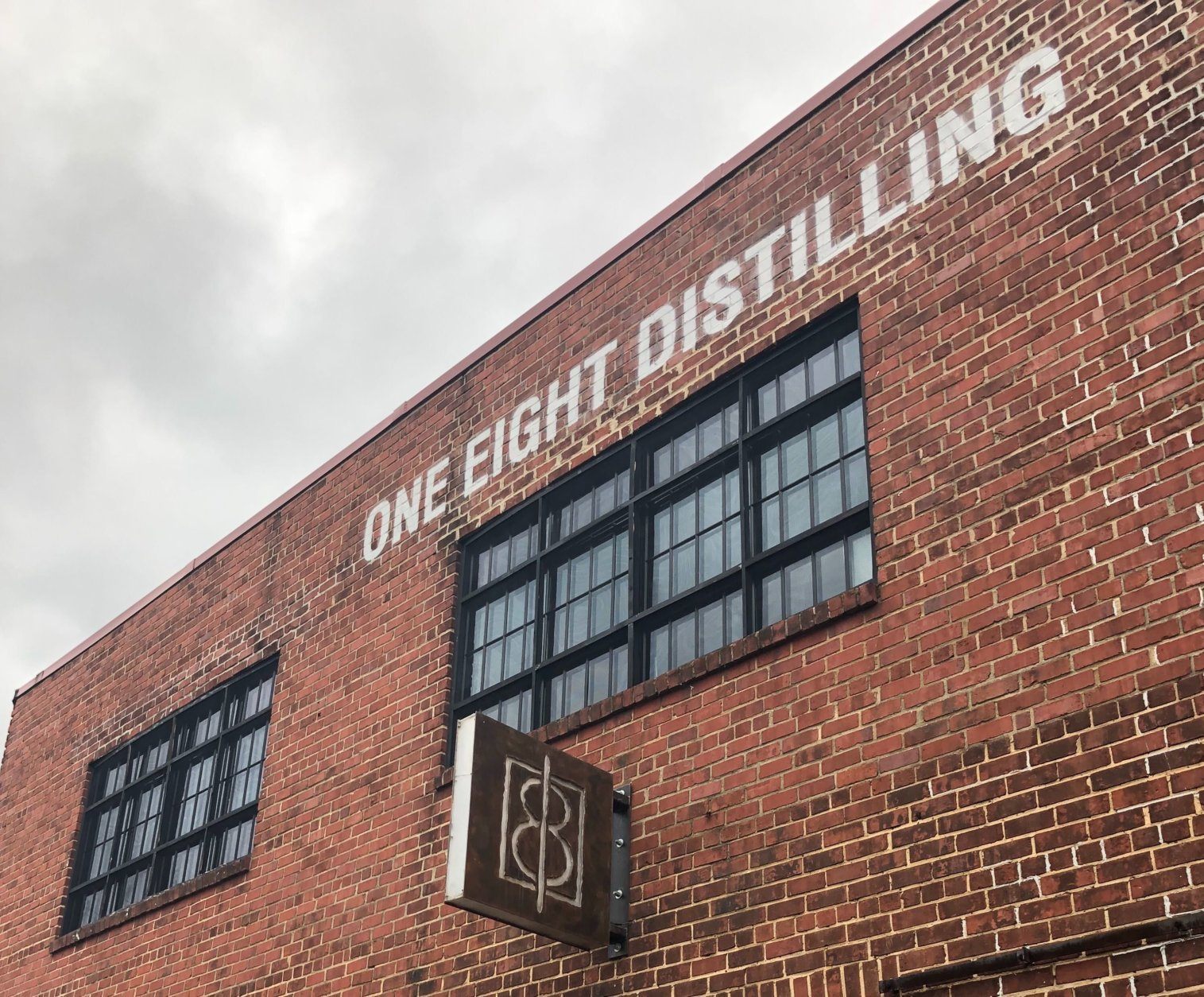
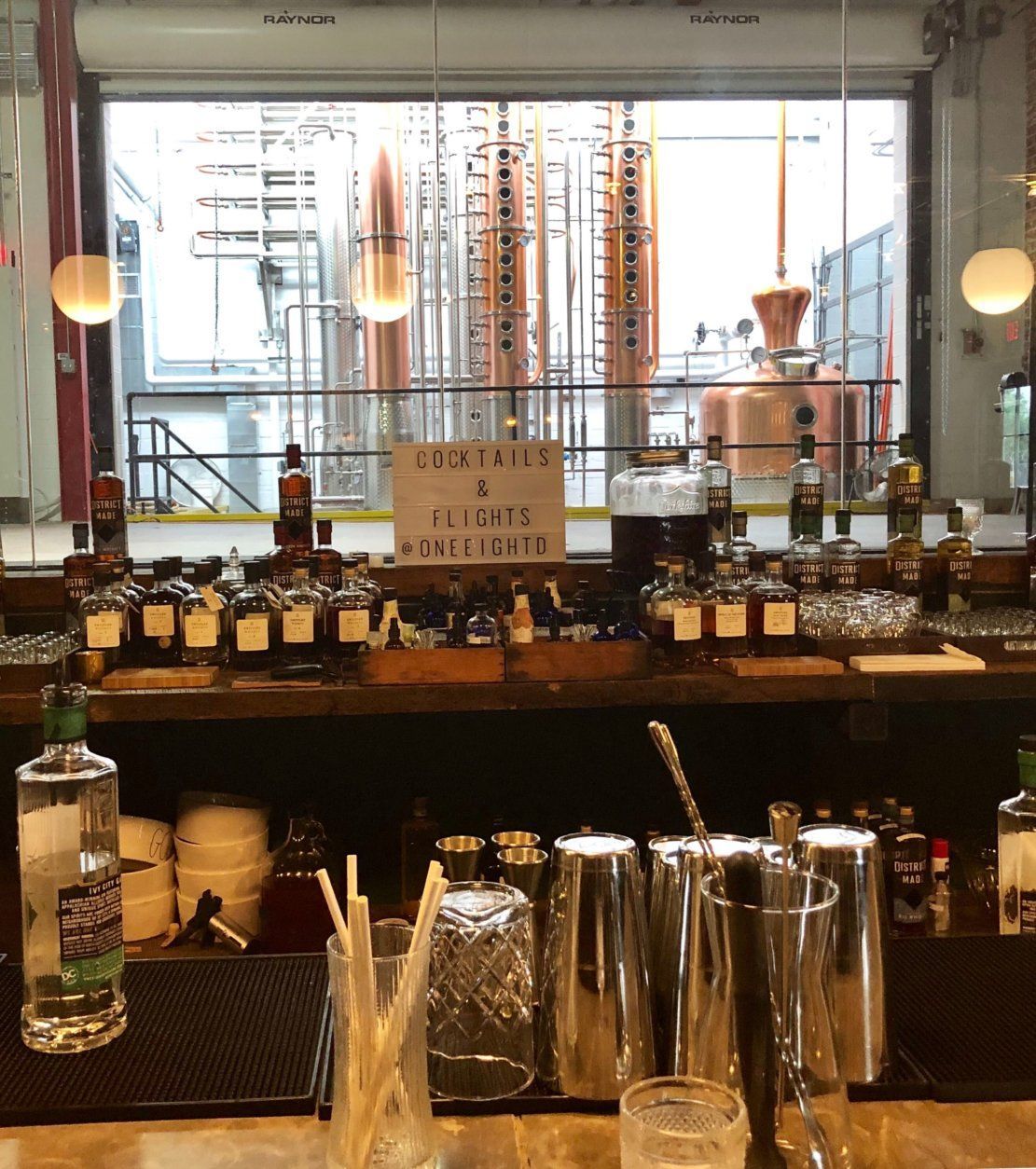
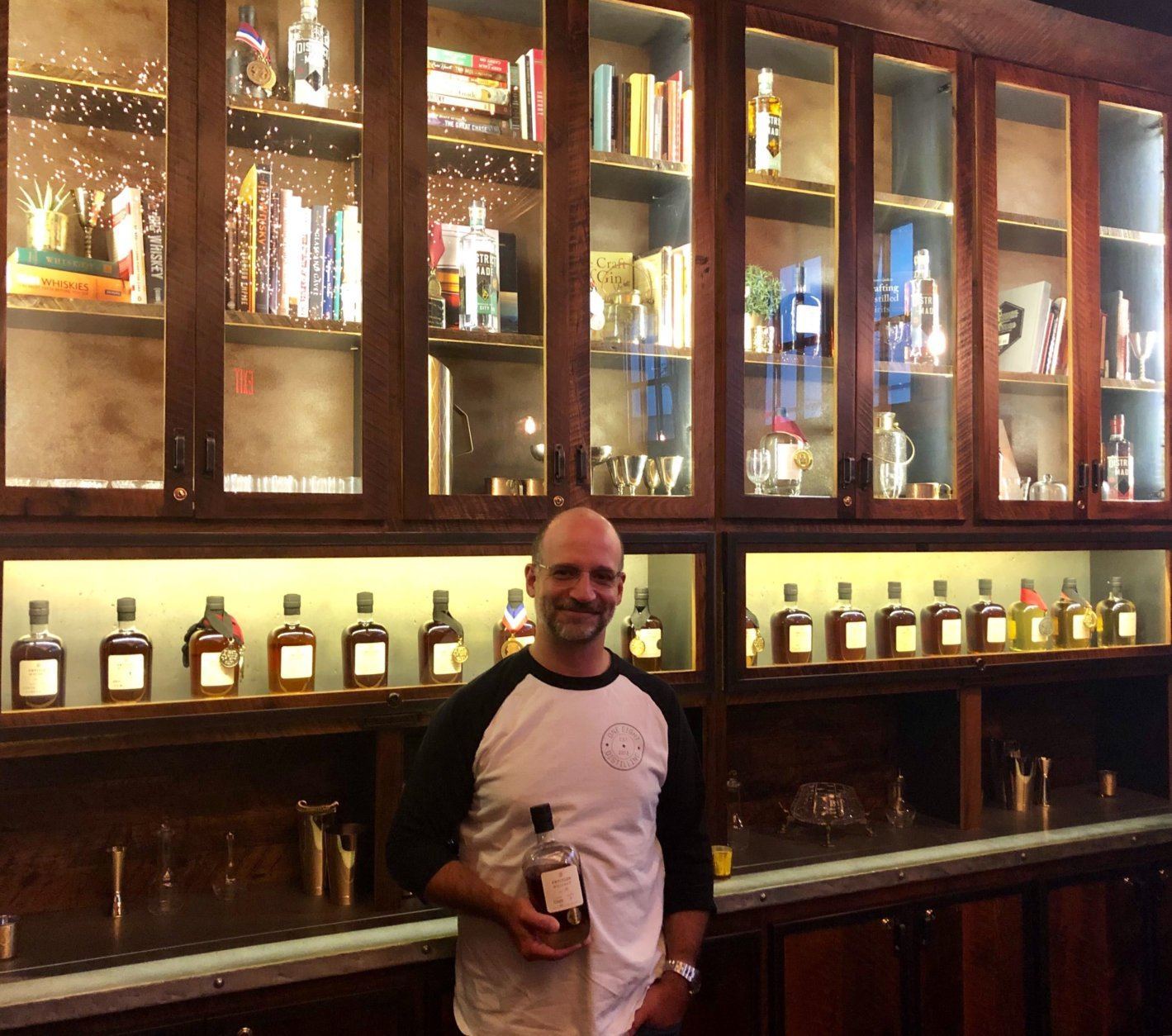
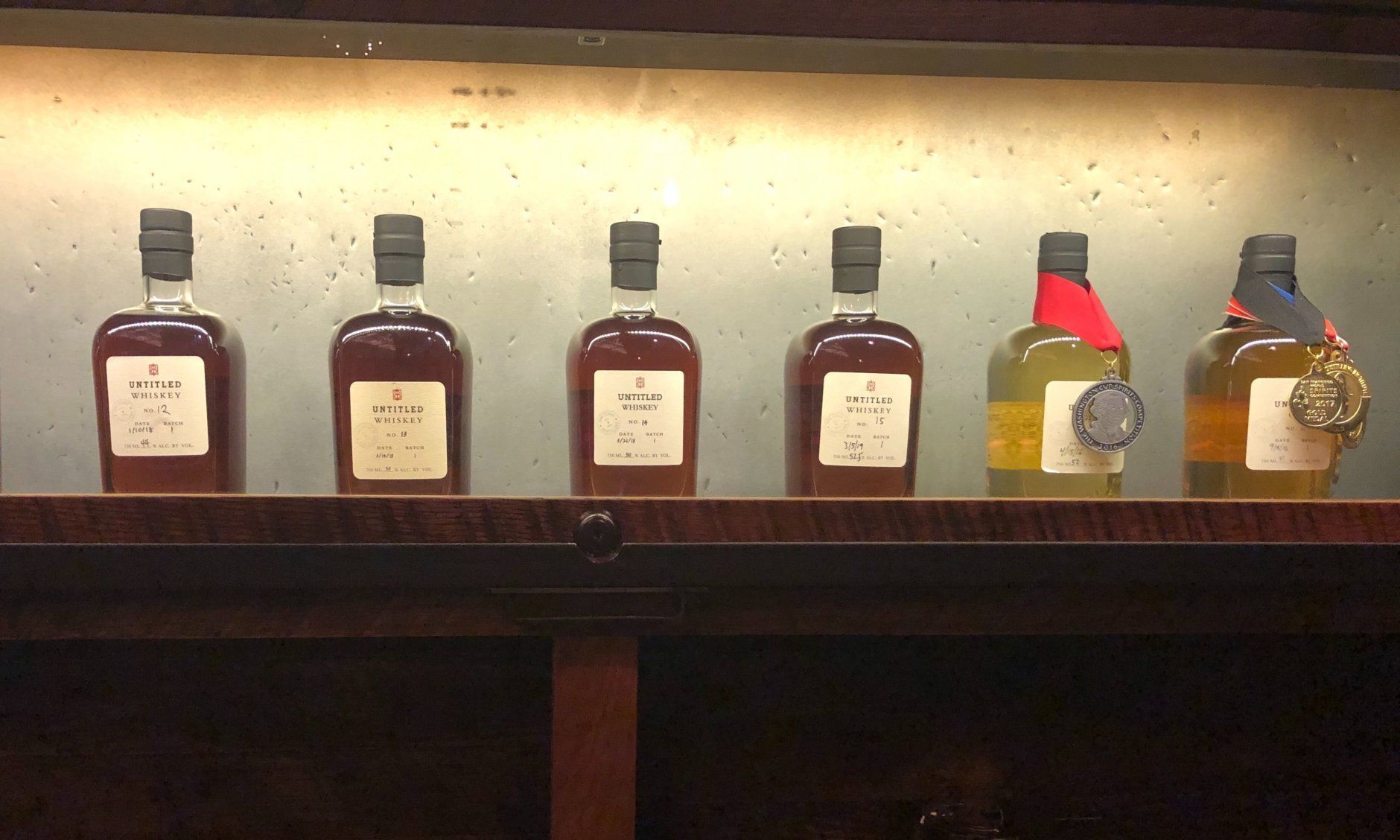
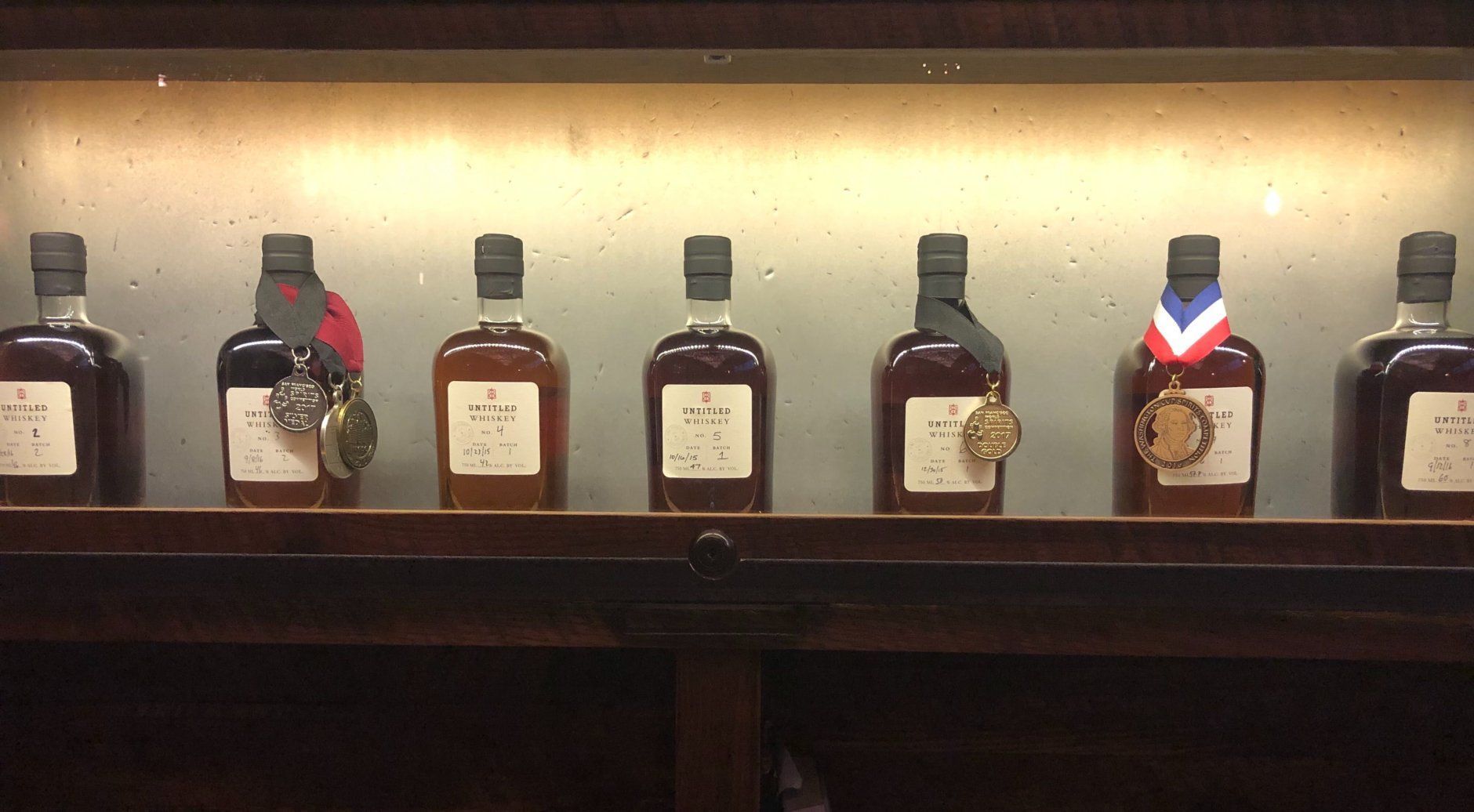
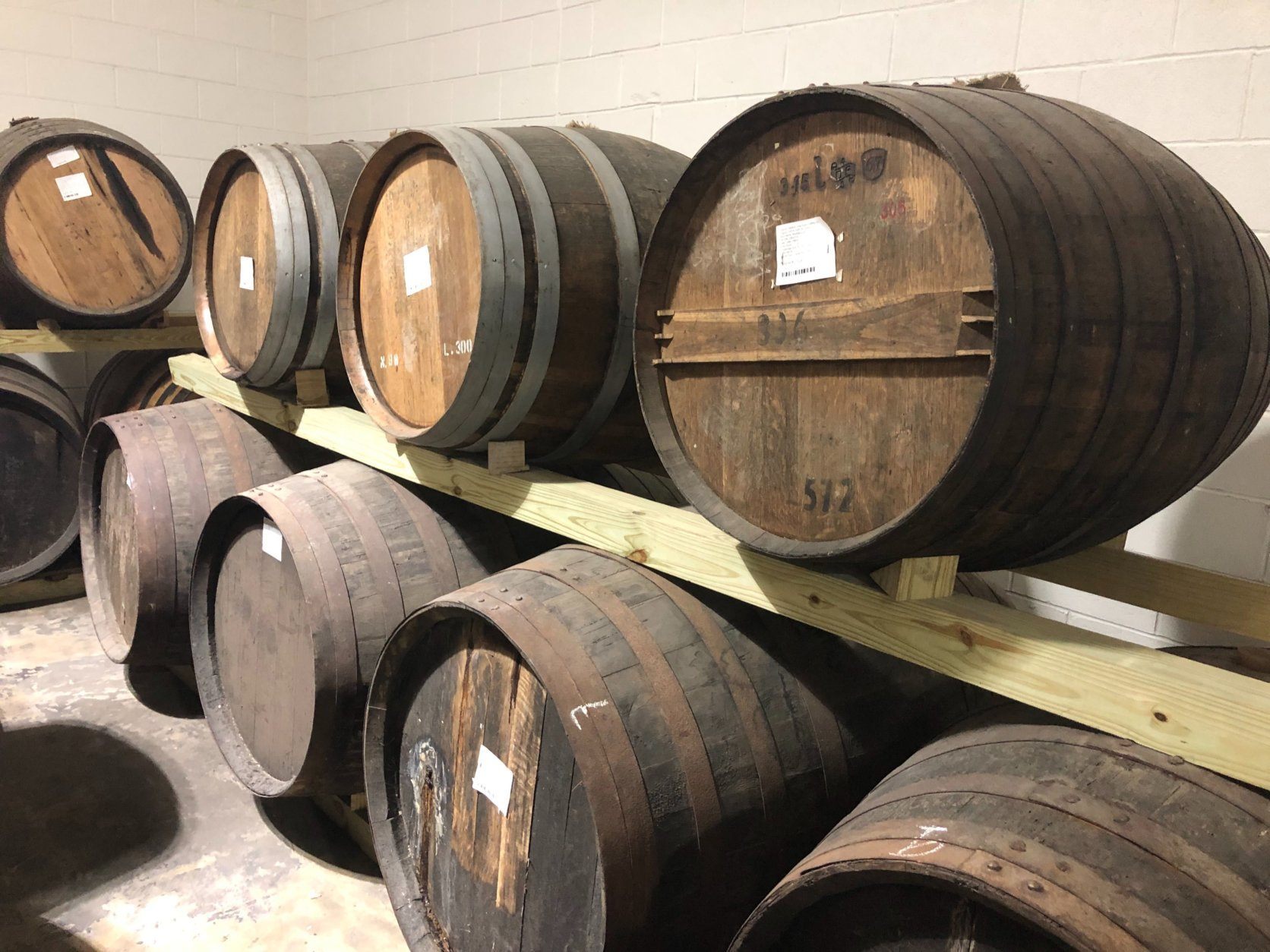
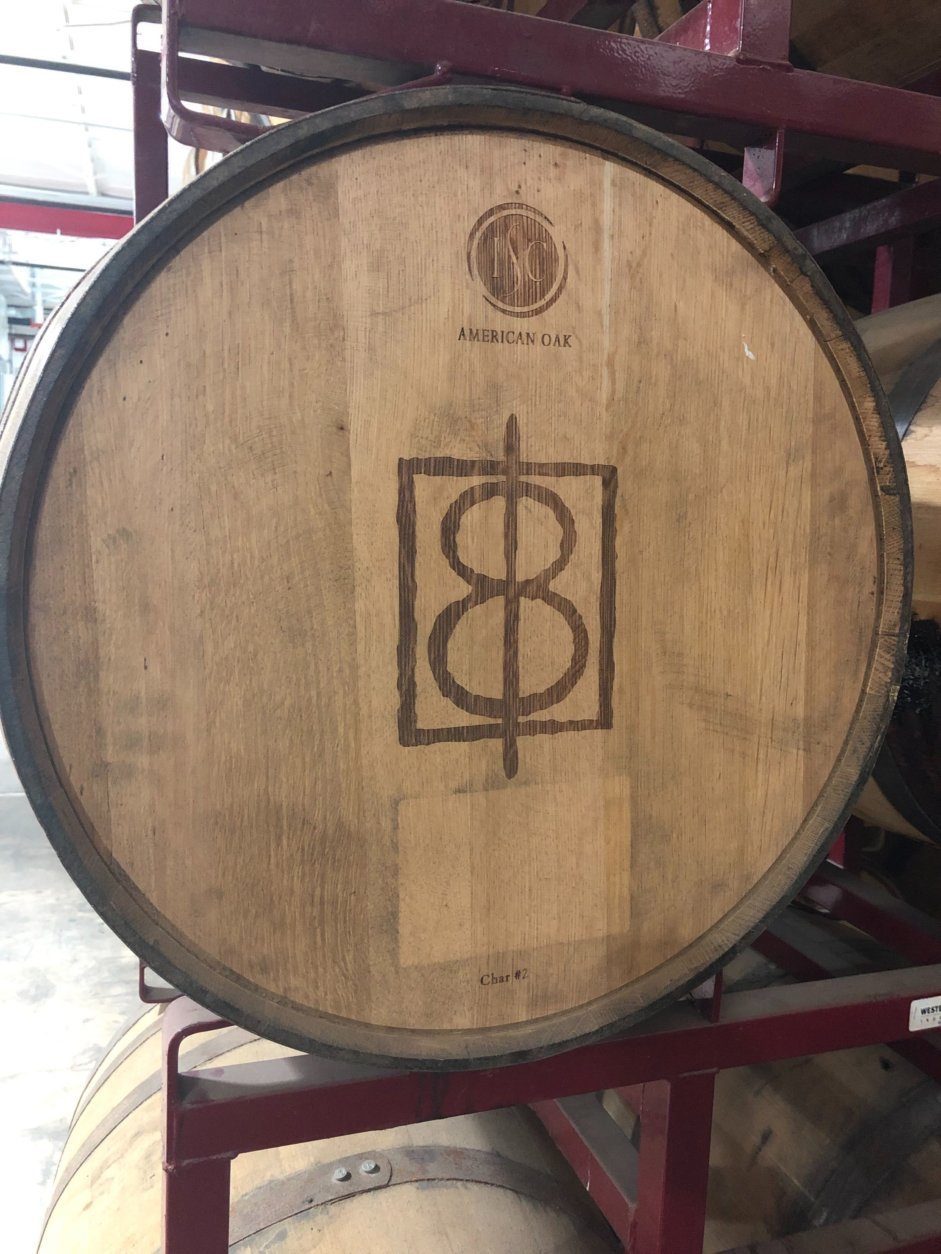
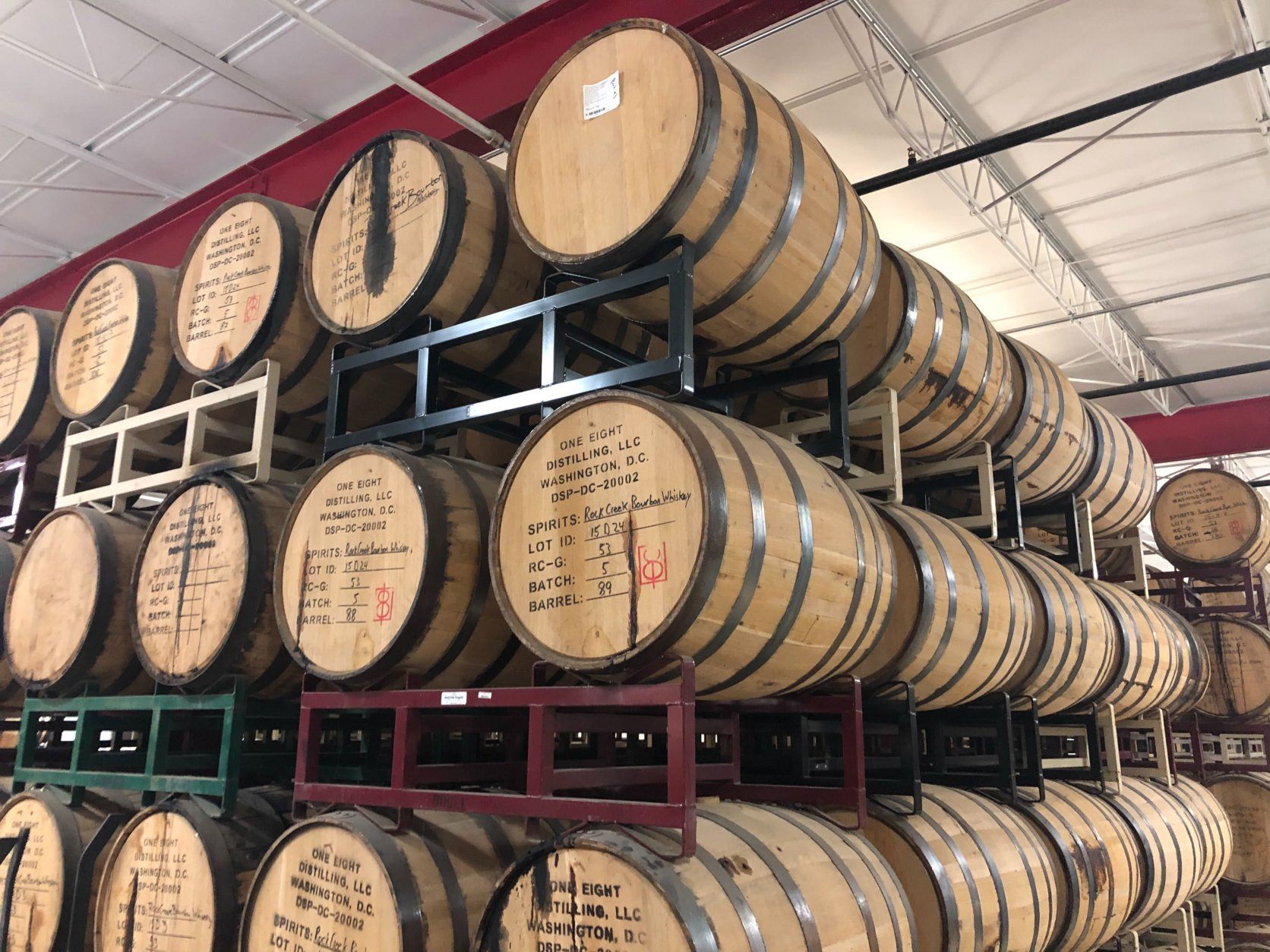
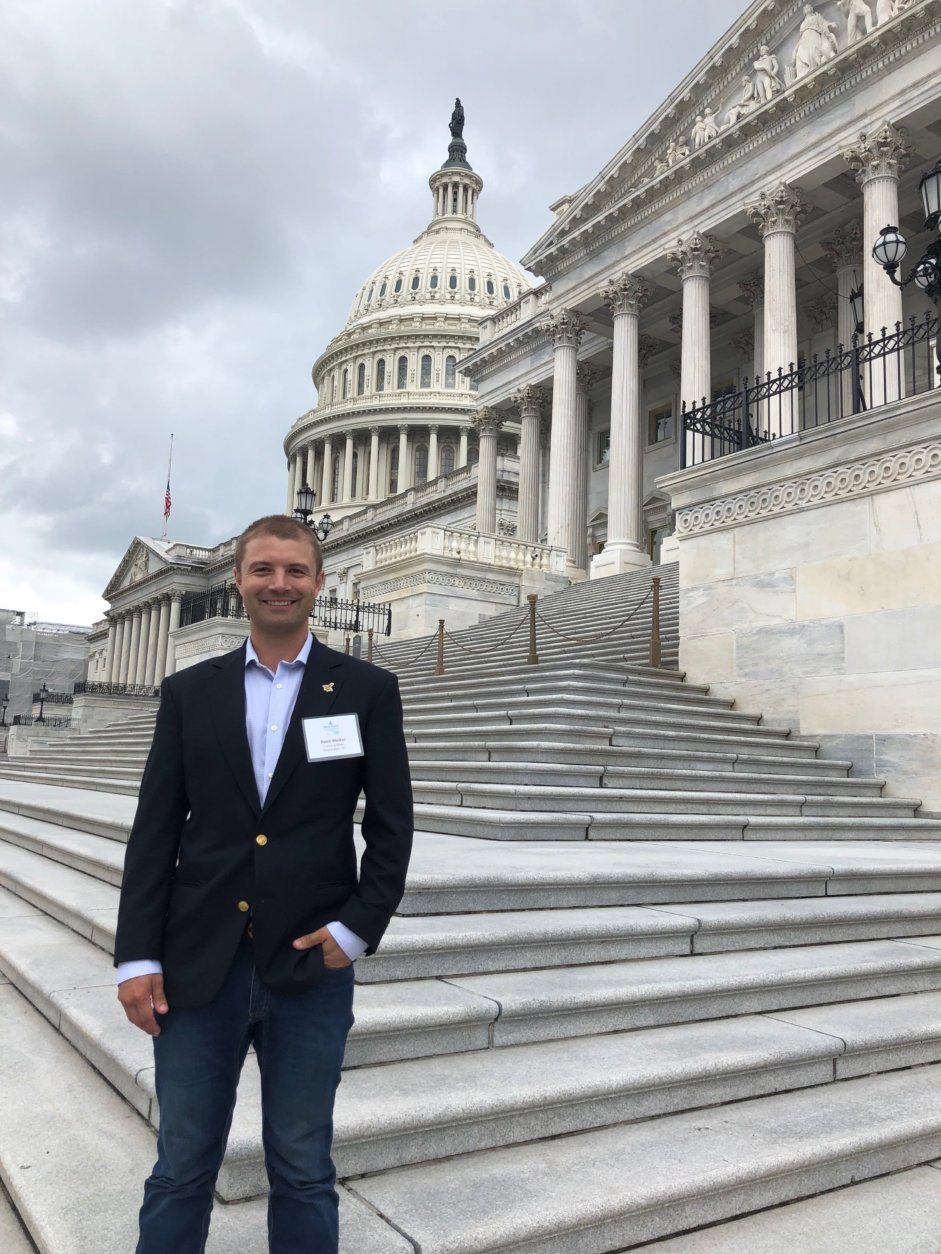
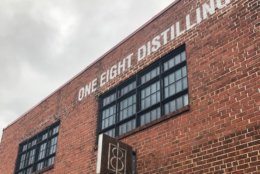
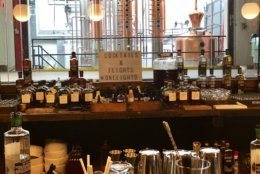

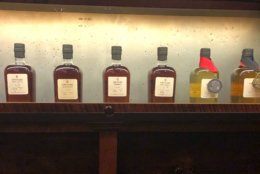
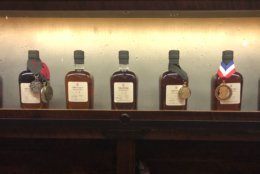
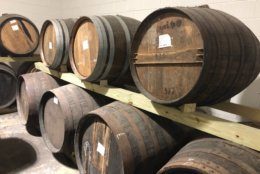
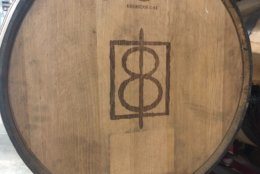
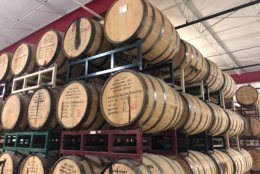
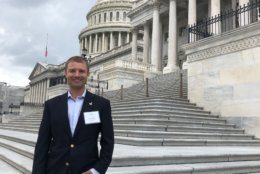
It was the second distillery to open in D.C., in 2015, and its products include whiskey, aged bourbon, vodka and gin.
“D.C. has followed, I think, in the steps of the larger national trend,” said Sandy Wood, the co-founder and CEO of One Eight Distilling, noting there’s been an “explosion” of craft distilling across the country.
Many of those craft distillers came to Capitol Hill earlier this summer to press for Congress to extend a major tax break that’s credited with helping to fuel that expansion. It’s formally known as the Craft Beverage Modernization and Tax Reform Act, which was included in the tax measure that President Donald Trump signed in 2017.
The measure lowered the federal excise tax liquor producers pay to $2.70 per proof gallon, down from $13.50. That would end if Congress doesn’t act by Dec. 31.
Wood and other craft distillers say the tax reduction has allowed them to save tens of thousands of dollars in taxes, which they then pour into their businesses.
“For a small business like us, and a young business, that kind of change, that kind of money that we’re able to keep … is huge,” Wood said, speaking in a comfortable sitting room filled with bottles of whiskey, off a tasting room.
But with the tax set to expire at the end of the year, more than 150 craft distillers from across the country came to lobby lawmakers in late July, as they prepared for their summer break.
One of them was Reed Walker, co-founder of Cotton & Reed Distillery, the District’s first rum distillery, which is near Union Market. He said the tax break has helped his business save more than $50,000, which was reinvested in its operations.
“Now we have a moment of uncertainty,” Walker said in an interview near the U.S. Capitol steps. “And, as a small business owner, that is a bit frustrating and a bit concerning.”
He said if the tax goes back to its former level, it would cost his business close to $80,000 next year.
Wood also noted that the price consumers pay for alcohol could go up if the tax goes up.
But both distillers agree their industry has something going for them — booze seems to be bipartisan. There appears to be no major opposition to extending the tax break, though some critics say the legislation should be amended to eliminate loopholes, arguing they are taken advantage of by large corporations.
Wood and other distillers are concerned the end-of-year deadline for the tax cut could slip if members of Congress don’t act on it.
“There are thousands and thousands of jobs at stake now in the industry across the country,” Wood said. “We are seeing tremendous support on both sides of the aisle, which is a relative rarity these days.”
Though Congress will have a lot of larger issues to tackle as it gets underway following its August recess, there is widespread backing of the measure. The legislation has at least 276 co-sponsors in the House and 68 in the Senate, according to Lisa Hawkins, with the Distilled Spirits Council.
Beyond all the politics, the nation’s capital continues to undergo something of a craft distilling renaissance. And the distillers are proud of their craft’s legacy.
President George Washington operated one of the largest whiskey distilleries in early America. His distillery at Mt. Vernon has been reconstructed and produces small batches on site.
Wood, with One Eight Distilling, said it’s also encouraging to see the wide range of visitors who come to his tasting room.
“We do get a fair number of people that I think are seeing a different side of D.C. than what you’ll see down on the Mall and the monuments,” he said. “But it is a very real part of D.C. that they get to connect with as well.”
Wood said he enjoys a wide range of drinks, and can’t single out one as his top choice.
“It’s like asking me who’s my favorite kid,” he said, laughing. “And it really does vary from week to week.”
That bootlegger who illegally served up alcohol to members of Congress? His legacy lives on. George Cassiday was known as “The Man in the Green Hat,” and used a big leather briefcase in the halls of Congress to peddle his wares.
New Columbia Distillers, which started the recent distillery trend in the District, has sold Green Hat Gin, since 2012.
Other distilleries in D.C. include Republic Restoratives, which is the only D.C. distillery owned by women, and Jos. A. Magnus & Co. which was re-established in 2015. Its history goes back to 1892.
Craft distillers are hoping to continue tapping into their rich history with some help from Congress, which is back in session on Sept. 9.








